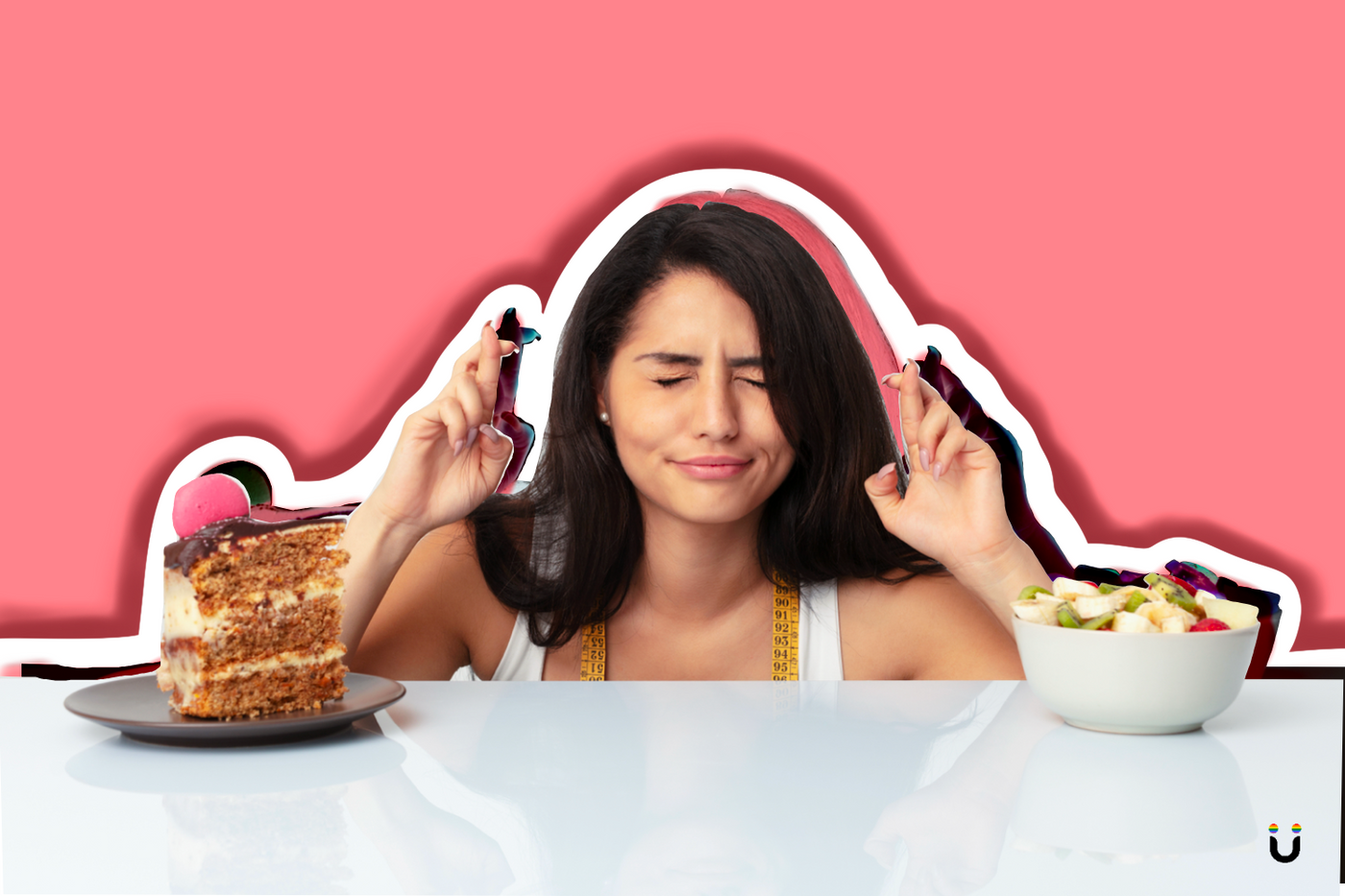From Fatphobia to Body Neutrality: A Personal Reckoning
“My goodness, you have gotten so big,” said my grand aunt, patting me around the hips while I was serving myself dinner.
I raised my voice—half joking—and said, “Why don’t you find something else to talk about?”
My annoyance must have been obvious, because within minutes, I found myself in an argument with her son (who, by the way, is on keto), who thought it was the perfect moment to comment on the food on my plate.
When I told him I didn’t appreciate the comment, he quickly shot back with: “Well, I don’t like what you’re doing either.”
I’ve seen this pattern before. In the past, I’ve used sarcasm, passive aggression—even silence—to shut down conversations about my body. But this time felt different. I was tired. Tired of defending something that didn’t need defending.
"It isn’t fair. I’m eating carbs after a long time."
"It’s my fault, isn’t it?"
"Wasn’t he just trying to help?"
The shame, embarrassment, and the desire to shrink myself came rushing back—louder than the plate in my hands. I had promised myself that I would no longer betray my body like that. That I would treat it with respect, not ridicule.
The Weight of Beauty Standards
In our society, body shame is so normalised that we don’t always notice how disconnected we become from our own bodies. We compare ourselves to edited ideals, absorb unsolicited advice, and lose our sense of worth somewhere between diet culture and social commentary.
This internalised negativity damages more than self-esteem. It chips away at our mental health—manifesting in anxiety, low mood, and disordered relationships with food and movement.
I once found myself in a class discussion on stereotypes, and the word that came to mind when I heard “fat” was “lazy.” I realised, painfully, that I’d absorbed the same fatphobia I had experienced from others. If I called myself out, I thought I’d change.
But that kind of shame-based motivation doesn’t heal. It harms. The message that gets communicated isn't “try better,” it’s “you are wrong,” “you are disgusting.”
Fat-shaming someone and expecting it to spark positive change is like shouting at a child who’s struggling to learn—it doesn’t motivate; it isolates.
Choosing a Different Path
Body positivity and body neutrality have helped me change how I relate to my body—not by ignoring the struggle, but by reframing the narrative.
Body positivity is about embracing every kind of body and celebrating it, especially those that have been marginalised or judged. It’s the radical act of loving a body the world has told you to hate.
Body neutrality offers something gentler. It says: you don’t have to love how you look today. But you can still respect your body for what it does—for carrying you through, for showing up.
This shift has helped me move from self-surveillance to self-compassion. I no longer owe anyone an explanation for my plate or my size. What I owe myself is presence, nourishment, and care.
It’s not perfect. There are days I still flinch when someone comments. But there are more days now when I pause, breathe, and remind myself: my body is not a debate. It is home.









